Howard Pyle (1853, Wilmington Del. - 1911, Florence) was one of America’s most popular illustrators and storytellers at the end of the 19th century during a period of explosive growth in the publishing industry. His illustrations appeared in magazines like Harper’s Monthly, St. Nicholas, and Scribner’s Magazine, gaining him both national and international exposure. The broad appeal of his imagery made him a celebrity in his lifetime.
Pyle studied at the Art Student’s League, New York City, and first attracted attention by his line drawings after the style of Albrecht Dürer. His magazine and book illustrations are among the finest of the turn-of-the-century period in the Art Nouveau style. Pyle wrote original children’s stories as well as retelling old fairy tales. Many of Pyle’s children’s stories, illustrated by the author with vividness and historical accuracy, have become classics—most notably The Merry Adventures of Robin Hood (1883); Otto of the Silver Hand (1888); Jack Ballister’s Fortunes (1895); and his own folktales, Pepper & Salt (1886), The Wonder Clock (1888), and The Garden Behind the Moon (1895).
In 1894, he began teaching illustration at the Drexel Institute of Art, Science, and Industry. Among his students there wer valet Oakley, Maxfield Parrish, and Jessie Wikcox Smith. After 1900, he founded his own school of art and illustration named the Howard Pyle School of Illustration Art. Scholar Henry C. Pitz later used the term Brandywine School for the illustration artists and Wyeth family artists of the Brandywine region, several of whom had studied with Pyle. He had a lasting influence on a number of artists who became notable in their own right; N.C. Wyeth, Frank Schoonover, Thornton Oakley, Allen Tupper True, Stanley Arthur, and numerous others studied under him.
Later Pyle undertook mural paintings, executing, among others, The Battle of Nashville (1906) for the capitol at St. Paul, Minn. Dissatisfied with his style in painting, he went to Italy for further study but died shortly afterward. Pyle had established a free schoolof art in his home in Wilmington, where many successful American illustrators received their education.
Pyle travelled to Florence, Italy in 1910 to study mural painting. He died there in 1911 of a sudden kidney infection (Bright’s Disease).
For earlier works by Howard Pyle see part 1 also.
This is part 2 of a 13-part series on the works of Howard Pyle:
 |
1880 An Interrupted Performance
Harper's Weekly, July 31 1880 |
 |
1880 Breton Peasants at a Wayside Cross
wood engraving 15.9 x 11.9 cm ( image )
Fine Arts Museums of San Francisco, CA |
 |
| 1880 The Kloster |
 |
1880 William Corbett's School
photomechanical wood engraving 10.2 x 12.7 cm
Harper's Monthly
Smithsonian American Art Museum, Washington, DC |
 |
1880-1910 ( Nude Woman playing Lyre )
ink over graphite 34.3 x 16 cm
Library of Congress, Washington, DC |
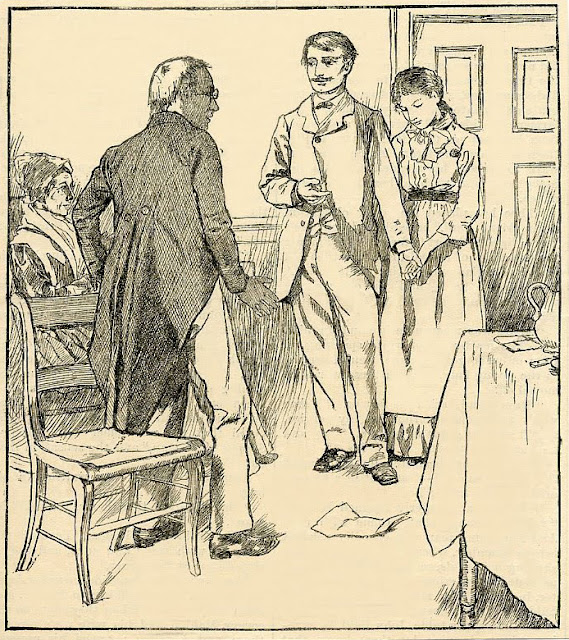 |
1881 "Suppose you let me take care of this young lady in future?"
Harper's Weekly, November 1 1881 |
 |
1881 St Valentine's Day in the Morning
Harper's Weekly, February 26 1881 |
 |
1881 Yankee Doodle, An Old Song
illustrated by Howard Pyle
published by Dodd, Mead and Co. |
 |
| 1881 Yankee Doodle, an Old Friend in a New Dress |
 |
| 1881 Yankee Doodle, an Old Friend in a New Dress |
 |
| 1881 Yankee Doodle, an Old Friend in a New Dress |
 |
1881 “Do you live with Santa Claus in his own house?”
from “A Perfect Christmas” by William O. Stoddard
Harper's Young People, December 20 1881 |
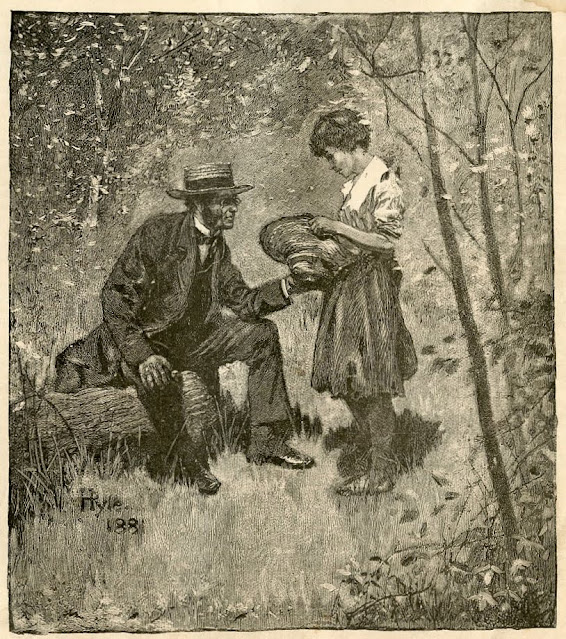 |
1882 “A child sunburned, and with many fluttering shreds of raiment”
for Helen Campbell’s “Under Green Apple Boughs”
Our Continent, February 15 1882 |
1882 The Story of Siegfried published by Charles Scribner's & Sons:
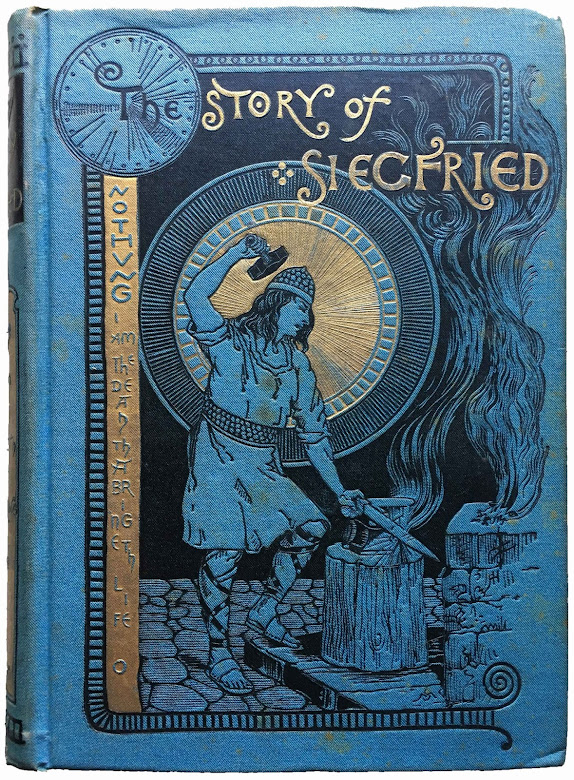 |
| Front Cover |
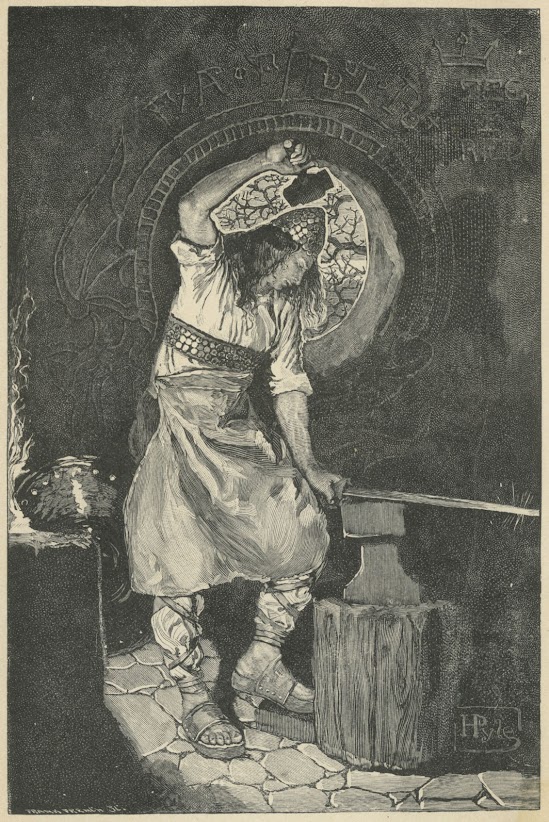 |
| The Forging of Balmung |
 |
| The Death of Fafnir |
 |
| The Awakening of Brunhild |
 |
| The Trial of Strength |
 |
| The Quarrel of the Queens |
 |
| The Death of Siegfried |
1882-83 The Merry Adventures of Robin Hood published in Harper's Young People:
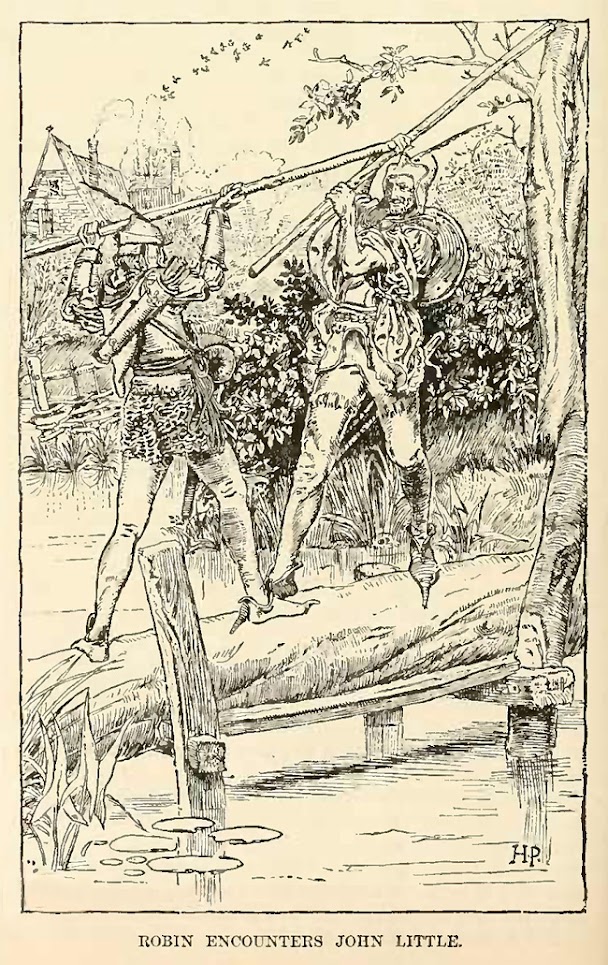 |
| Robin encounters John Little. |
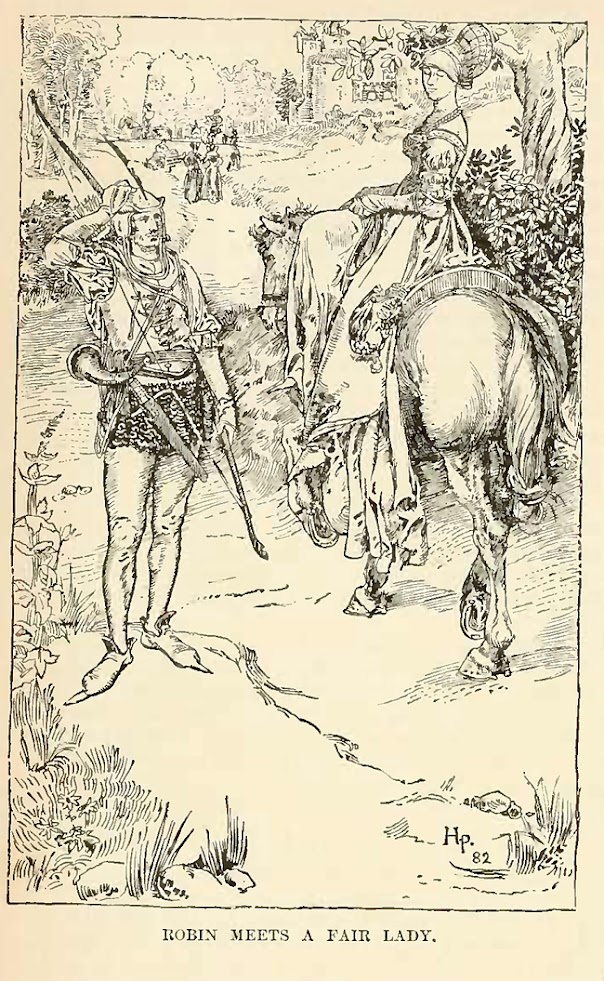 |
| Robin meets a Fair Lady. |
1883 The Merry Adventures of Robin Hood of Great Renown in Nottinghamshire published by Scribner's:
 |
| Front Cover |
 |
Frontispiece
The Merry Friar carrieth Robin across the Water |
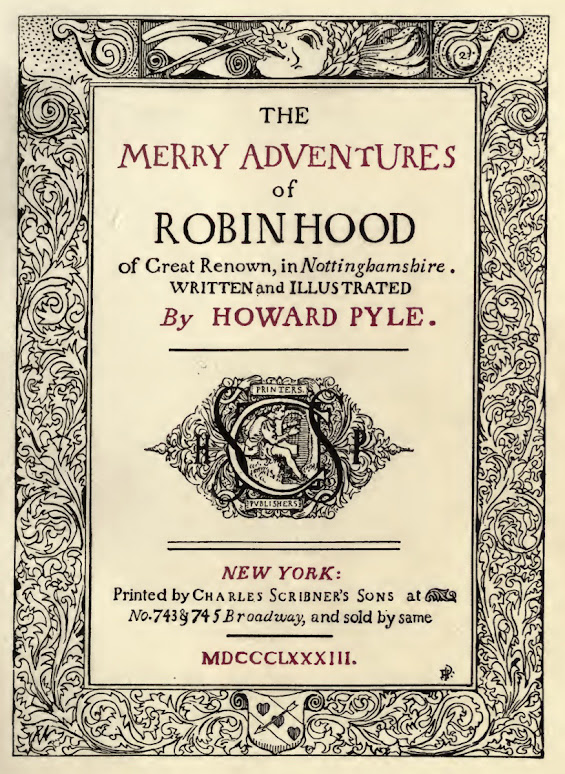 |
| Title Page |
 |
| Robin Hood meeteth the tall Stranger on the Bridge |
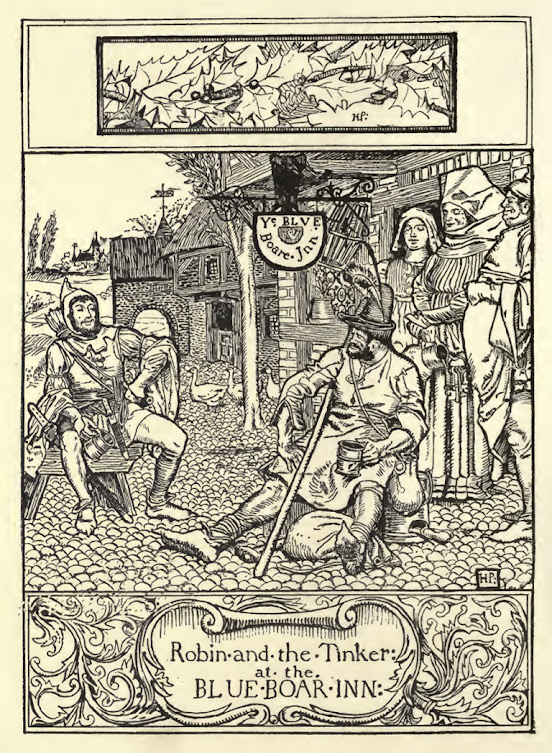 |
| Robin and the Tinker at the Blue Boar Inn |
 |
The Sheriff of Nottingham cometh
before the King at London |
 |
The Aged Palmer gives Young David
of Doncaster news of Will Stutely |
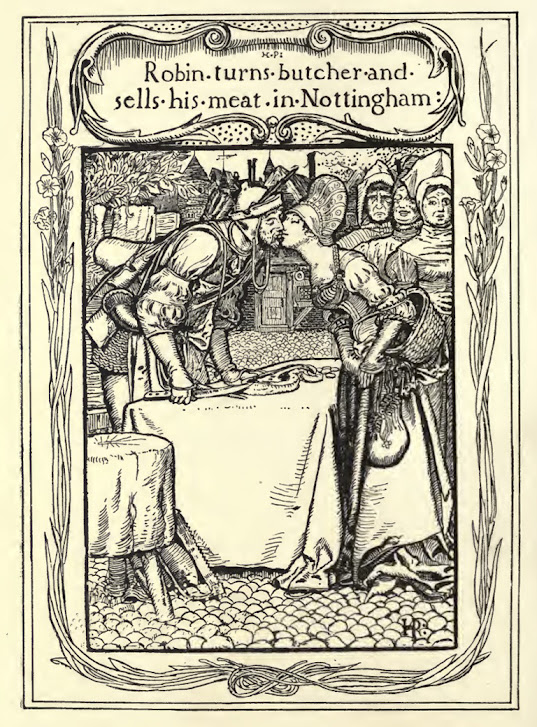 |
| Robin turns butcher and sells his meat in Nottingham |
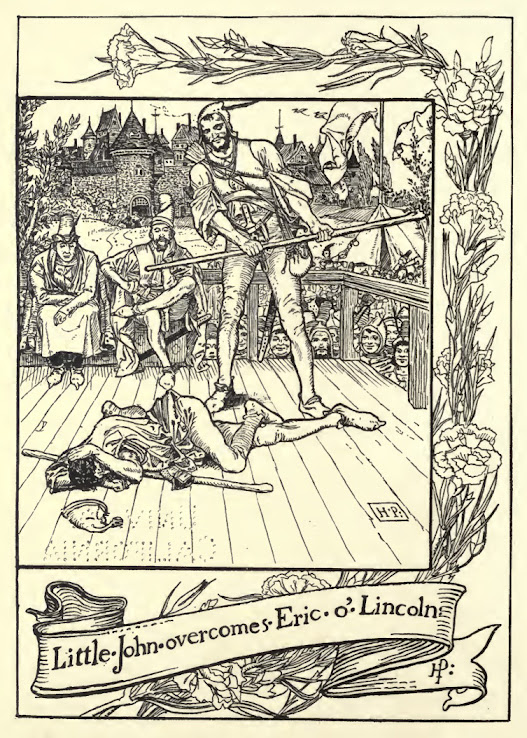 |
| Little John overcomes Eric o'Lincoln |
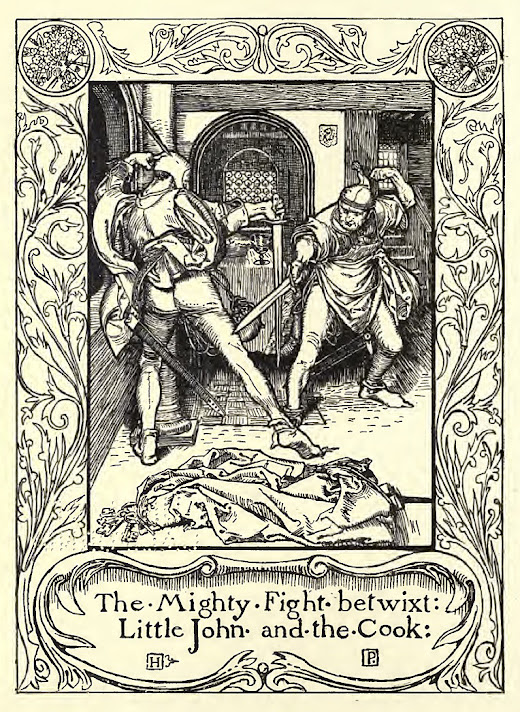 |
| The Mighty Fight betwixt Little John and the Cook |
 |
| The stout bout between Little John & Arthur a Bland |
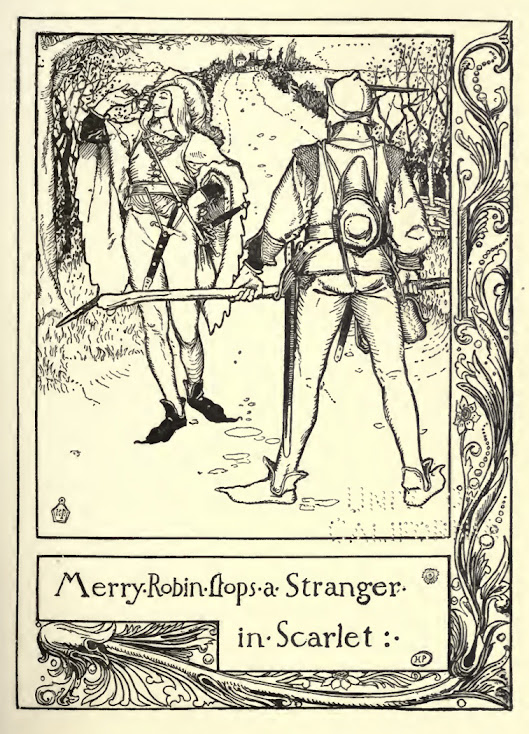 |
| Merry Robin stops a Stranger in Scarlet |
 |
| The Four Yeomen have Merry Sport with a Stout Miller |
 |
| The Merry Friar sings a goodly song |
 |
| Robin Hood steps betwixt Sir Stephen and his Bride |
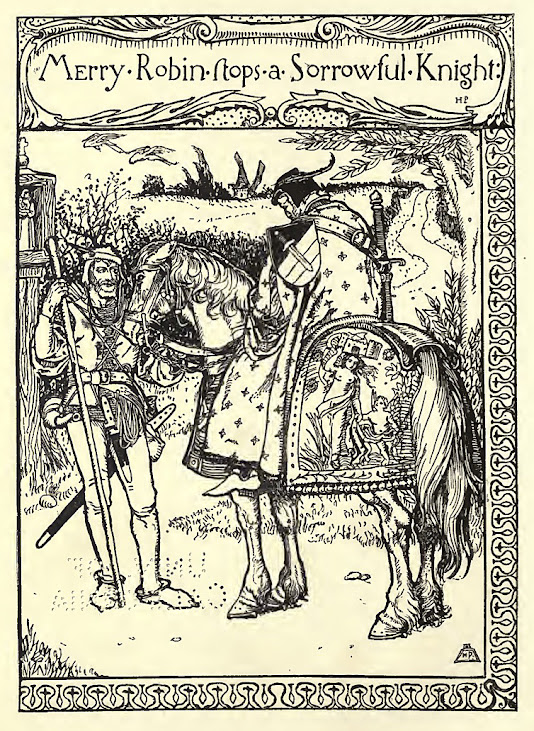 |
| Merry Robin stops a Sorrowful Knight |
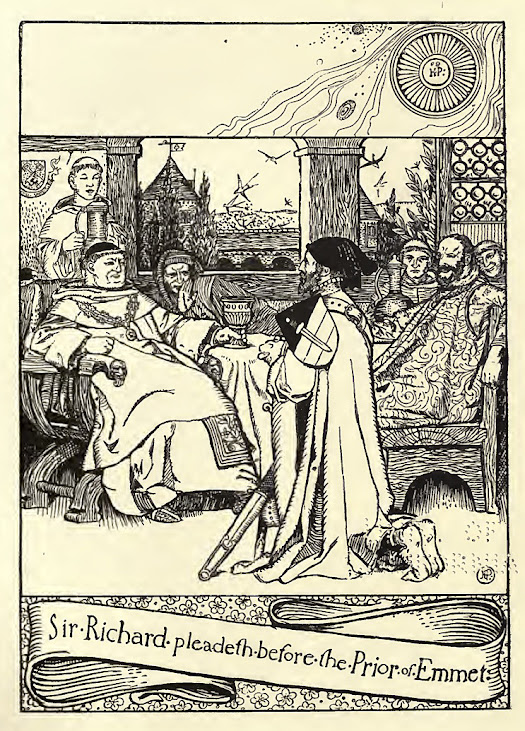 |
| Sir Richard pleadeth before the Prior of Emmet |
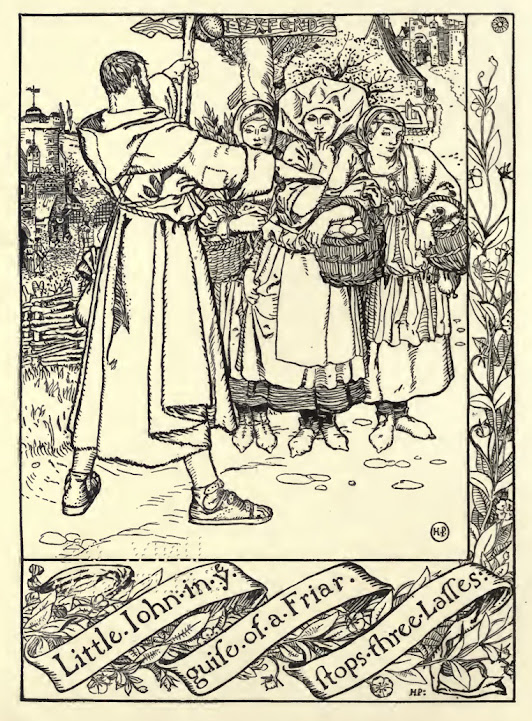 |
| Little John in ye guise of a Friar stops three Lasses |
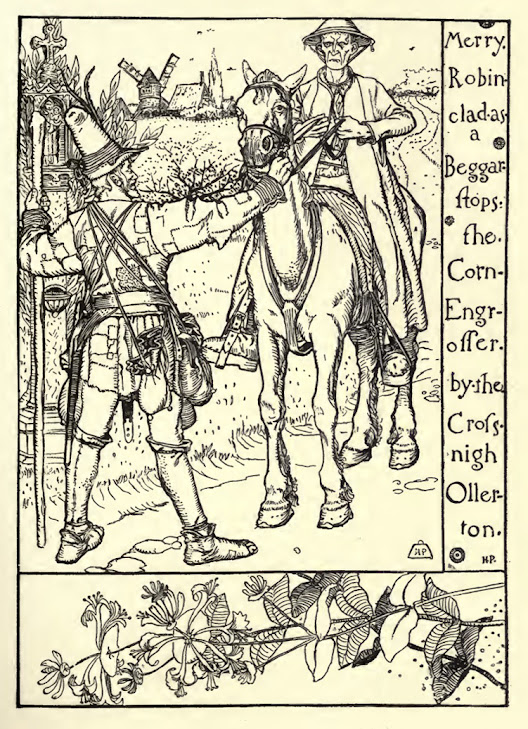 |
| Merry Robin clad as a Beggar stops the Corn Engrosser by the Cross nigh Ollerton |
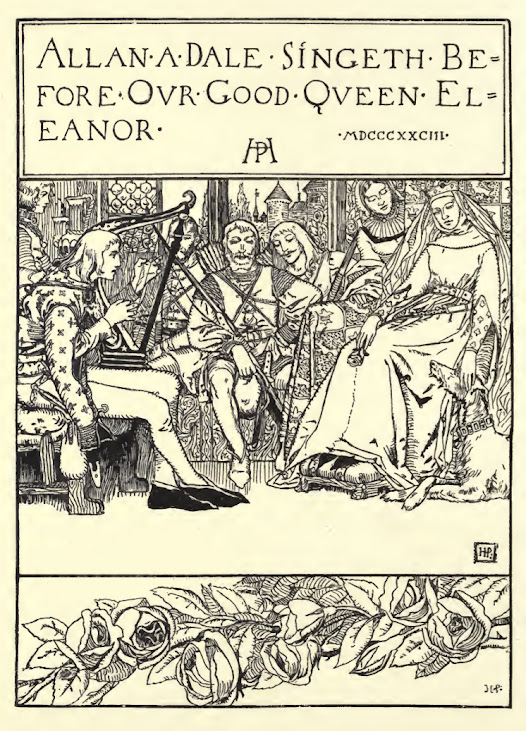 |
| Allan A Dale singeth before our Good Queen Eleanor |
 |
| Stout Robin hath a narrow escape |
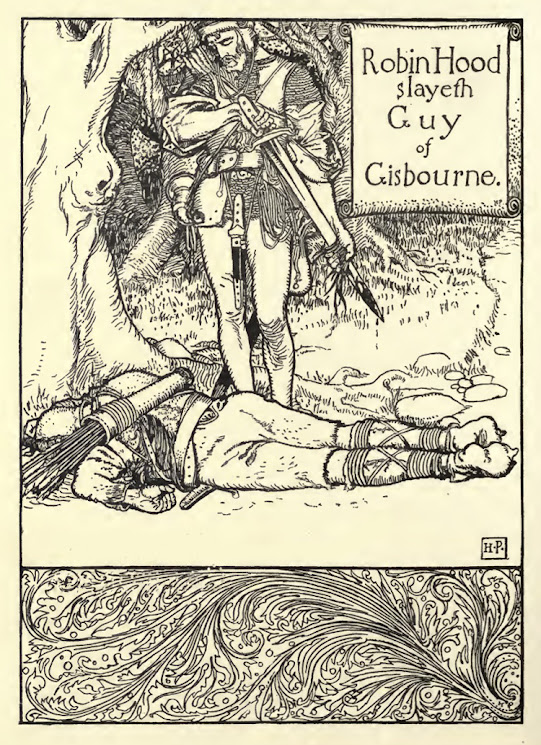 |
| Robin Hood slayeth Guy of Gisbourne |
 |
| Merry Robin hath the worst of a Bargain |
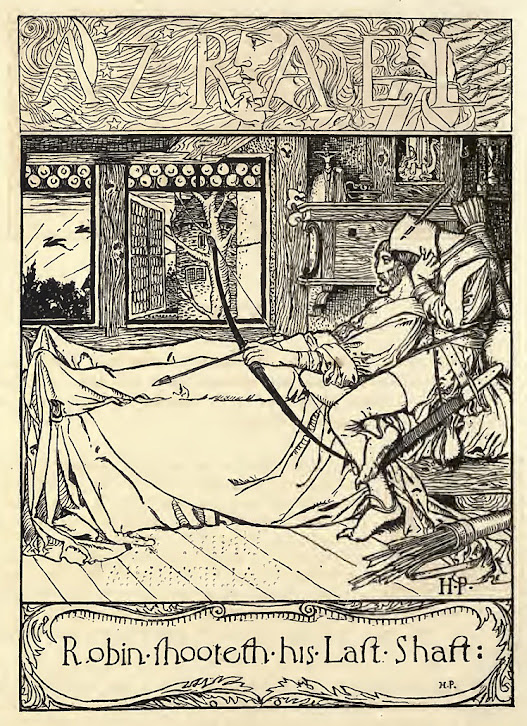 |
Robin shootheth his Last Shaft
* * * * * |
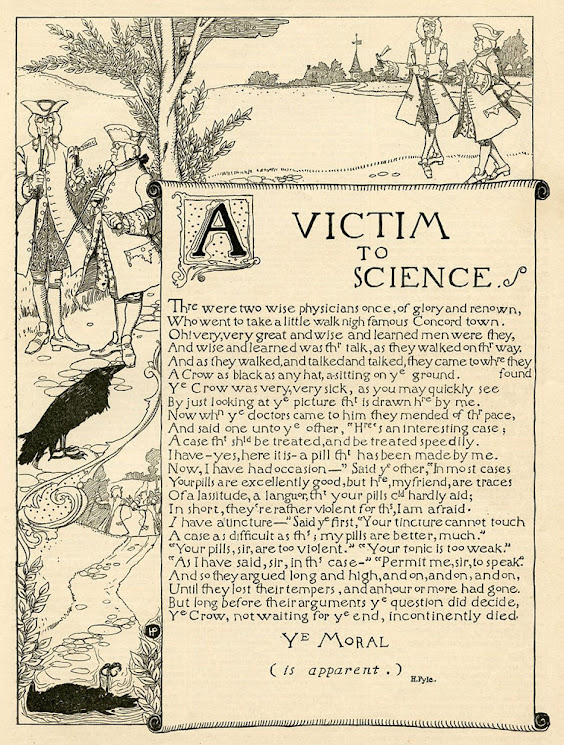 |
1883 A Victim to Science
Harper's Young People, November 1883 |
 |
1883 Enter Fourth of July bowing and followed by Washington’s Birthday
Harper's Young People, December 18 1883 |
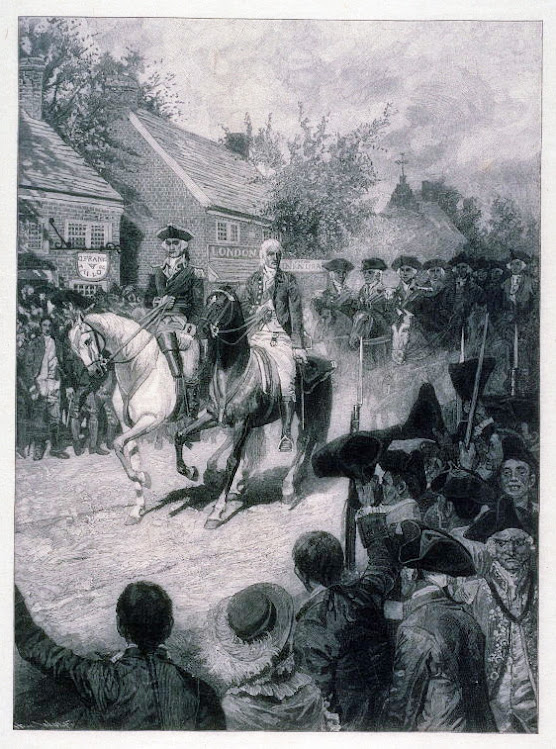 |
1883 The Civil Procession headed by Washington
wood engraving 16.6 x 12.4 cm ( image )
Fine Arts Museums of San Francisco, CA |
 |
1883 The Last Boat-Load of the British Leaving New York
Harper's New Monthly, Magazine November 1883 |
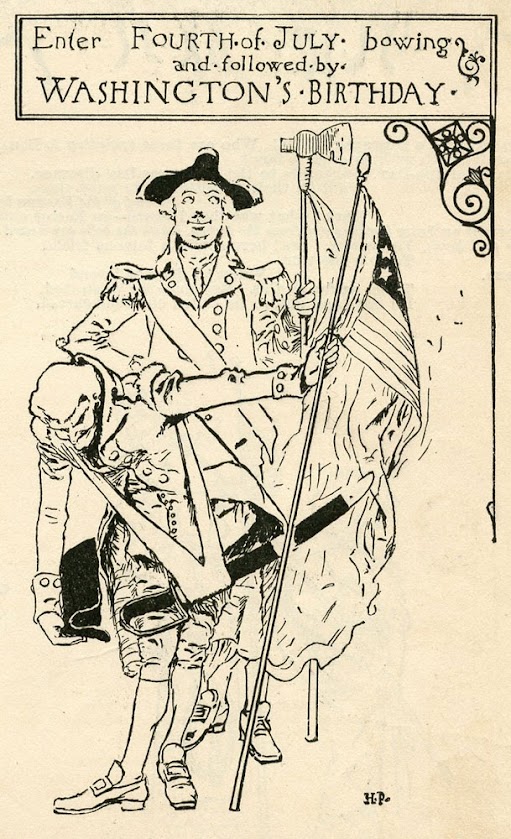 |
1883 The Revolt of the Holidays by E.I. Stevenson
Harper's Young People, December 18 1883 |
 |
1883 The Revolt of the Holidays by E.I. Stevenson
Thanksgiving Day (entering politely)
Harper's Young People, December 18 1883 |
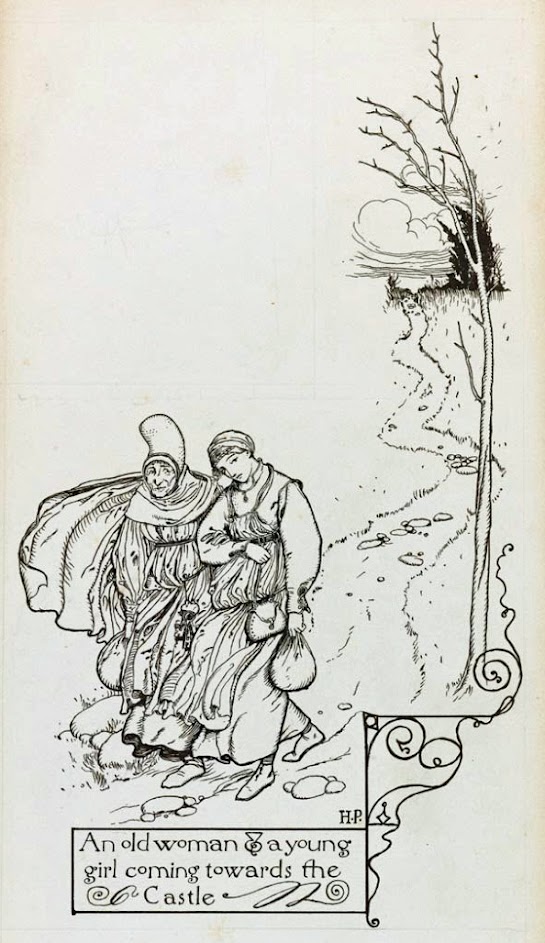 |
1884 Illustration for "The Accommodating Circumstance"
Harper's Young People, July 1884
pen and ink over graphite on board 37.1 x 23.2 cm
Philadelphia Museum of Art, PA |
 |
1885 A Quaker Wedding
Harper's Bazar December 12 1885 |
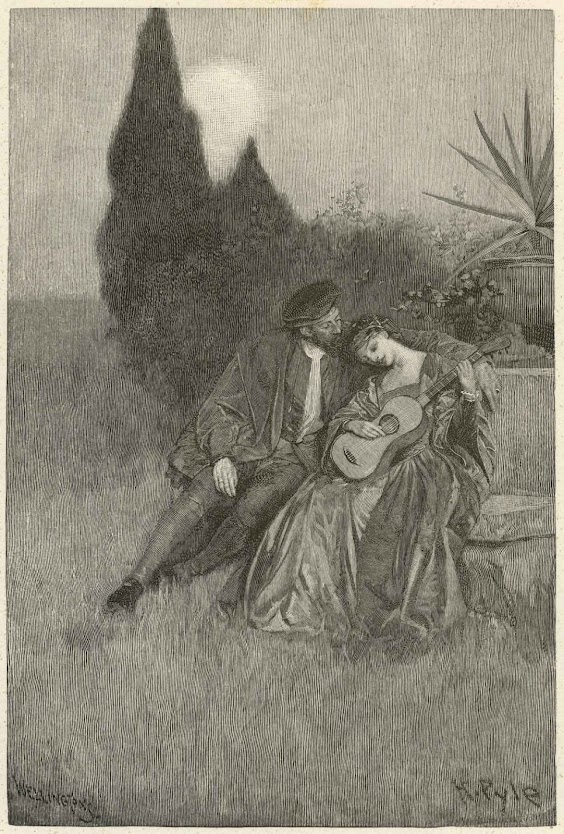 |
1885 Her native songs for him she sung
from The Inca Princess by Mrs. M.B.M Toland
published by J.B. Lippincott Co. |
 |
1885 The Children are sent to the Asylum
Harper's Young People, November 3 1885 |
























































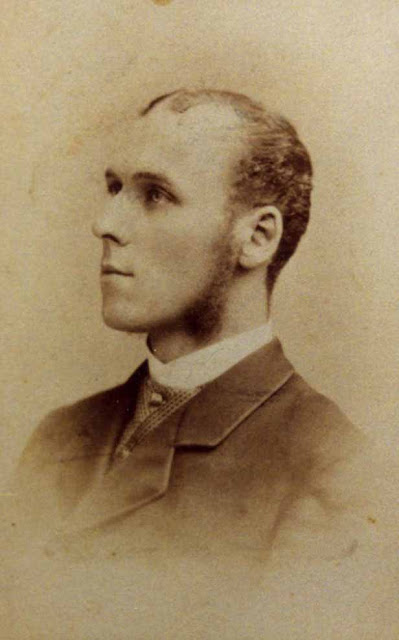
No comments:
Post a Comment
Note: only a member of this blog may post a comment.